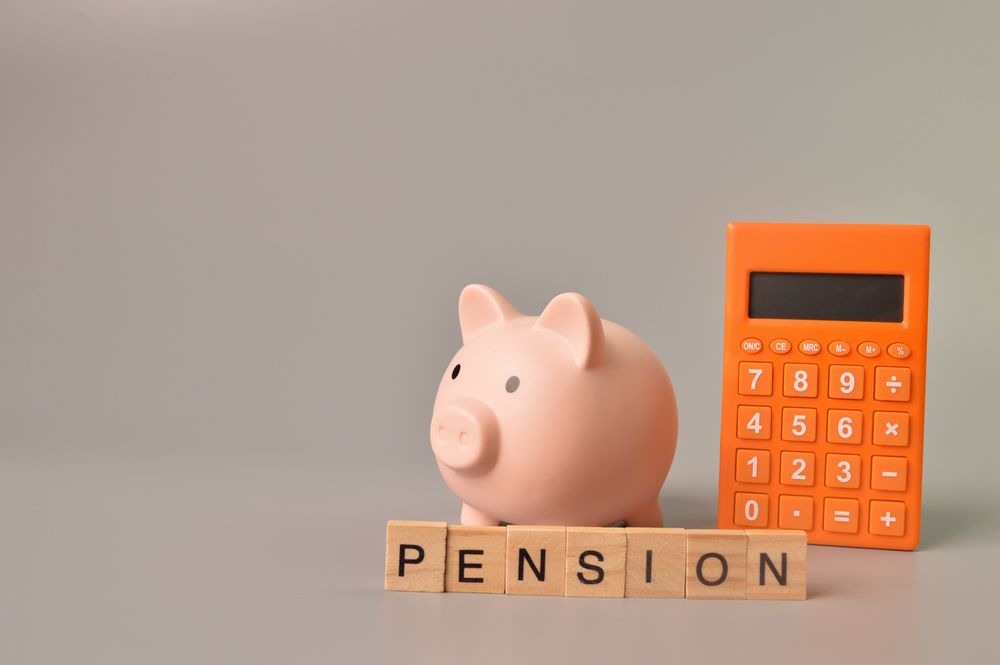News
State pension could breach £11,000 next year if inflation remains high

The state pension could rise to £11,342 next April if inflation remains stubbornly high in September – the key month used to calculate the benefit for millions of retirees.
Inflation has eased back from the double-digits seen in the tail end of last year, and now stands at 8.7%.
While the Government announced ambitious plans to halve inflation by the end of 2023, the latest Bank of England inflation forecasts suggest it will come down from 8.7% to 7% in September.
And it’s this 7% figure for September which is crucial in determining the level of the state pension for millions of retirees from April 2024.
This is because of the state pension triple lock – the mechanism which guarantees that the state pension will rise by the higher of average earnings, inflation or 2.5%.
If inflation does come in at 7% and if this figure is higher than average earnings or 2.5%, retirees could see the new/flat-rate state pension rise from £10,600 to £11,342 from April 2024, according to calculations by Interactive Investor.
For those who reached state pension age before 6 April 2016 and who are in receipt of the full basic state pension, they would receive £8,691, up from £8,122.
Over two years, it means retirees could see the state pension rise by a massive 17.8% in total.
The Bank of England has also forecast more pensions increases further down the road, which could see retirees receive £11,671 or £8,943 in the 2025/26 tax year.
‘Another bumper state pension hike next year’
Alice Guy, head of pensions and savings at Interactive Investor, said: “Pensioners could be due another bumper state pension hike next year, with inflation proving a much tougher nut to crack than the Bank of England hoped.
“The state pension forms the backbone of most people’s pension income and a rise in the state pension will be a lifeline to many people on the breadline. There’s a myth that all pensioners are wealthy but this simple isn’t the case with many pensioners relying on the state pension as their main source of income.
“The state pension is also a two-tier system, with older pensioners who retired before 2016 getting a lower basic state pension, only currently worth £8,122 rather than £10,600 for the full new state pension.
“Although the state pension is rising, that doesn’t mean pensioners are feeling any better off as a bigger pension income is cancelled out by rising prices. Many poorer pensioners are facing real hardship as they spend a big proportion of their household income on increasingly expensive necessities like food and energy.”
Guy added that pensioners are one of the most vulnerable groups to rising prices as they have limited options to boost their income.
“If you have an elderly relative who’s struggling on a low income, then it’s worth checking if they’re entitled to any benefits like pension credit. Pension credit works by topping up your income to £201 if you’re single and £306.85 if you have a partner, but you could get around £42 to £76 more each week if you have a disability, you care for someone or you’re responsible for a child. You could be entitled to pension credit even if you get state pension.”